Robert L Hickok Jay A Dubow
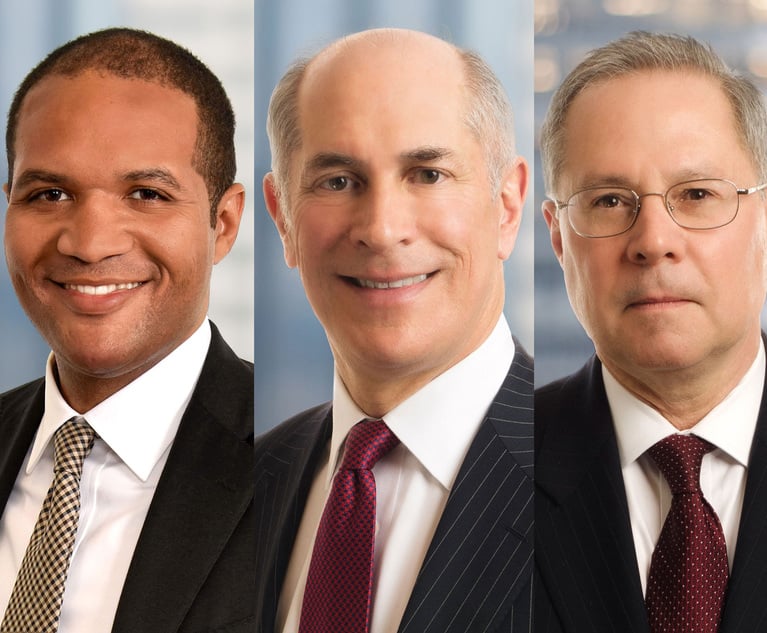
August 29, 2022 | The Legal Intelligencer
Cyber Breaches Pose Risk of SEC Enforcement Actions, Derivative Suits to Public CompaniesIn addition to potential private lawsuits and state attorney general investigations, public companies must be prepared for potential investigations by the U.S. Securities and Exchange Commission (SEC) and potential securities litigation, including class actions and stockholder derivative suits.
By Robert L. Hickok, Jay A. Dubow and Thomas H. Cordova
11 minute read

May 27, 2022 | The Legal Intelligencer
Confidential Witnesses in Securities Litigation: Handle With CareThis article explores the reasons for using confidential witnesses, the required disclosures regarding the confidential witness at the pleading stage, and ways in which courts have confronted the messy factual issue of a "recanting" confidential witness.
By Robert L. Hickok, Jay A. Dubow and Whitney R. Redding
15 minute read

February 24, 2022 | The Legal Intelligencer
SEC Governing Crypto Through Enforcement Actions While Rulemaking Is On the HorizonSEC litigations and administrative proceedings related to crypto have skyrocketed from 18 in the five-year period from 2013 to 2017 to 79 in the last four years.
By Robert L. Hickok, Jay A. Dubow and Julian N. Weiss
14 minute read
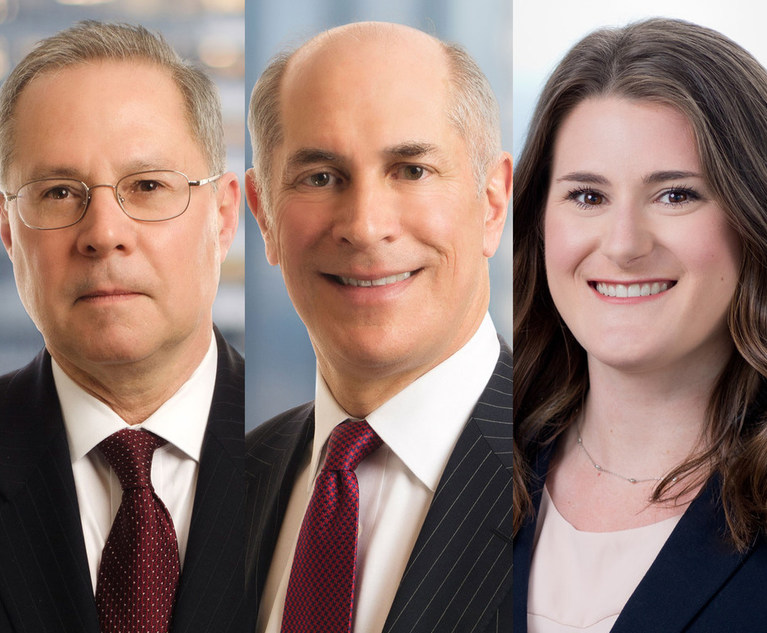
November 29, 2021 | The Legal Intelligencer
Divided Ninth Circ. Opens Floodgates for Direct Listing Investors to Assert Section 11 ClaimIn deciding that an investor purchasing through a direct listing could establish standing under Section 11, the Ninth Circuit departs from past precedent and abandons the previously strict tracing requirement courts have historically interpreted under Section 11.
By Robert L. Hickok, Jay A. Dubow and Bianca DiBella
7 minute read
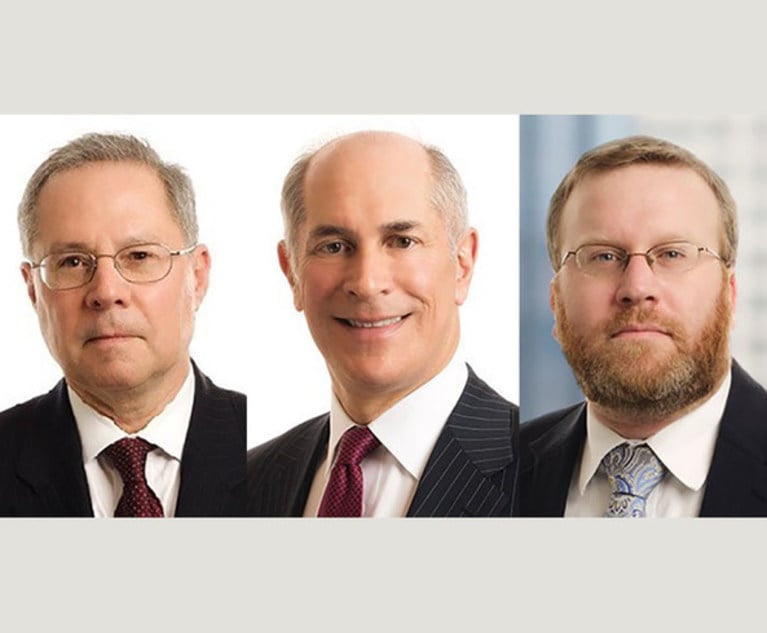
August 30, 2021 | The Legal Intelligencer
High Court to Decide Whether Automatic Stay of Discovery Applies in State Court Securities LitigationThe U.S. Supreme Court is poised to determine whether state courts must stay discovery in lawsuits alleging violations of federal securities law while motions to dismiss are pending.
By Robert L. Hickok, Jay A. Dubow and Brian Callaway
7 minute read
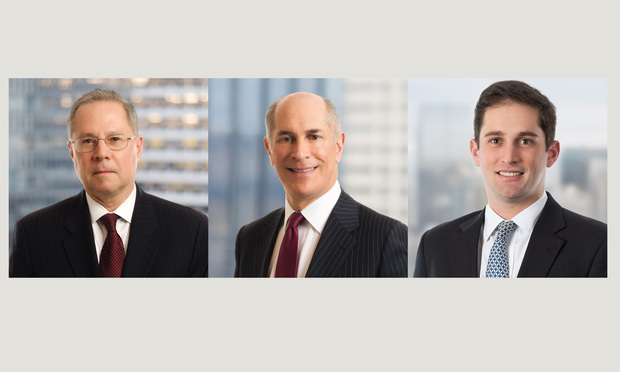
May 28, 2021 | The Legal Intelligencer
Zoom Securities Ruling Limits Plaintiffs to One BounceIn cases of multiple corrective disclosures, plaintiffs cannot always choose the most advantageous bounce-back period for calculating statutory damages caps.
By Robert L. Hickok, Jay A. Dubow and Sam Hatcher
7 minute read
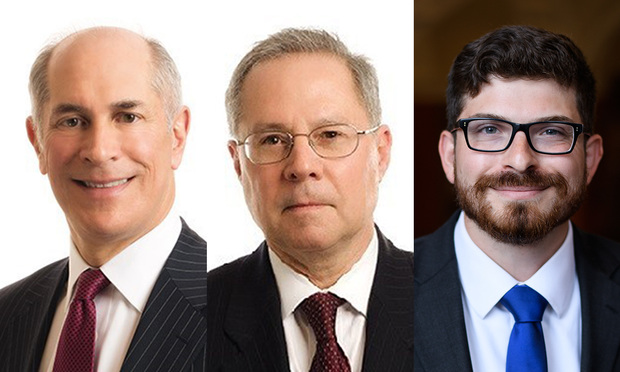
February 25, 2021 | The Legal Intelligencer
Third Circ.: Bad Business Decisions, Without More, Do Not Constitute Federal Securities FraudWhen a public company discloses bad news, often its stock price declines and shareholders' investments similarly decline.
By Robert L. Hickok, Jay A. Dubow and Julian N. Weiss
8 minute read

December 01, 2020 | The Legal Intelligencer
After Nearly a Decade, SEC Amends Whistleblower RulesAfter nearly a decade in operation, the U.S. Securities and Exchange Commission (SEC or commission) voted to amend the rules governing its whistleblower program, which Congress created in 2010 to assist the SEC in discovering and prosecuting securities law violations by providing "monetary incentives for individuals to come forward and report possible violations of the federal securities laws to the SEC."
By Robert L. Hickok, Jay A. Dubow and Kaitlin Meola
8 minute read

May 28, 2020 | The Legal Intelligencer
SEC Provides Accommodations in Response to Pandemic but Also Remains VigilantA consistent theme has emerged in the SEC's COVID-19 response: the commission wants to offer flexibility to account for unavoidable difficulties that have arisen due to the pandemic, but the law still applies.
By Robert L. Hickok, Jay A. Dubow and Whitney R. Redding
14 minute read
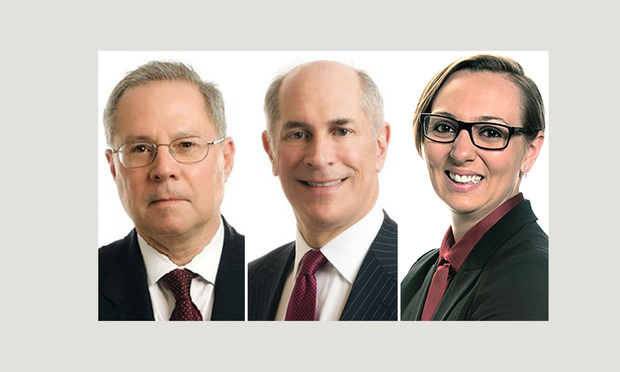
February 27, 2020 | The Legal Intelligencer
Report Provides Guidance on How Companies Should Address Cyber RisksThe OCIE report adds significantly to this point by illuminating the policies and procedures that organizations are implementing to prevent cybersecurity threats and address incidents if or when they occur.
By Robert L. Hickok, Jay A. Dubow and Robyn R. English-Mezzino
12 minute read
Trending Stories
- 1How ‘Bilateral Tapping’ Can Help with Stress and Anxiety
- 2How Law Firms Can Make Business Services a Performance Champion
- 3'Digital Mindset': Hogan Lovells' New Global Managing Partner for Digitalization
- 4Silk Road Founder Ross Ulbricht Has New York Sentence Pardoned by Trump
- 5Settlement Allows Spouses of U.S. Citizens to Reopen Removal Proceedings



